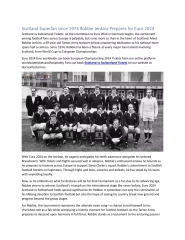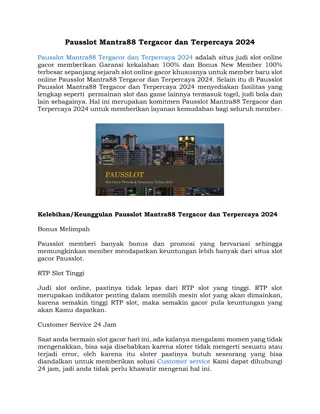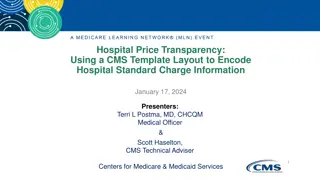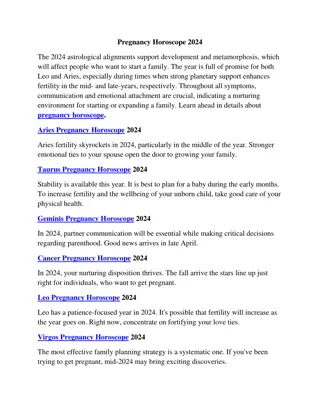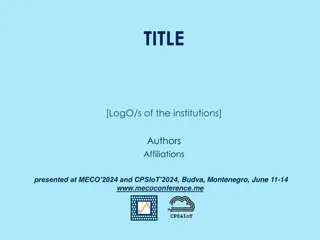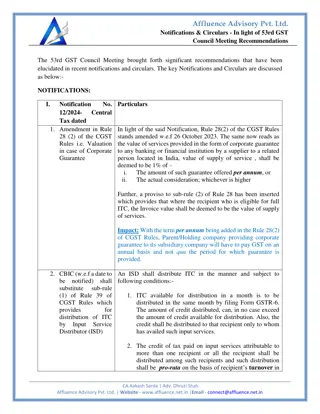
Mastering Inductive Bible Study: A Comprehensive Guide
Delve into the principles of inductive Bible study - from observation to interpretation, understanding the setting, word studies, and more. Uncover the depths of Scripture with practical tools and insights to enhance your understanding and interpretation of the Bible.
Uploaded on | 0 Views
Download Presentation

Please find below an Image/Link to download the presentation.
The content on the website is provided AS IS for your information and personal use only. It may not be sold, licensed, or shared on other websites without obtaining consent from the author. If you encounter any issues during the download, it is possible that the publisher has removed the file from their server.
You are allowed to download the files provided on this website for personal or commercial use, subject to the condition that they are used lawfully. All files are the property of their respective owners.
The content on the website is provided AS IS for your information and personal use only. It may not be sold, licensed, or shared on other websites without obtaining consent from the author.
E N D
Presentation Transcript
INDUCTIVE BIBLE STUDY (IBS) Exposing the Scripture
Move from Observation What does the passage say? to Interpretation What does the passage mean?
Interpretation what does the passage mean? Now that you have built your foundation in the Observation process, the next step is to explain and define what you have discovered. Four rules or principles for interpretation: 1. Always interpret the Scripture literally 2. Context, context, context always study the Scripture within its context. This is known as the king of interpretation 3. Let Scripture interpret Scripture 4. What is explicit has priority over what is implicit
Understanding the setting: As you have examined the passage in (O), you will have gotten the basic setting as you recorded the five W s and an H . Now is a good time to expand and explain your findings. To accomplish this, it will be helpful to gain a good understanding of the passage in light of it s, 1. Historical setting 2. Cultural setting 3. Geographical setting
A good understanding of the text setting can be found by reading the book analysis found in any good study Bible. Other helps are Bible dictionaries, encyclopedias, handbooks and books on the manners and customs of Biblical times. This part of the interpretation process will help you to interpret properly by seeing; 1.Author and date of writing 2.Context and structure of the passage 3.Perspective on the culture at the time of writing 4.Purpose and reason for writing
Word studies: The next step will be to define and explain the meanings of the many types of words that you identified in the Observation process. An important part of studying words is to study them within your immediate context and then to see how different authors in other contexts use the same word or words. This will also develop your skill in cross-referencing. Here again a good study Bible is very helpful, especially those with cross-referencing helps such as the Thompson Chain Reference Study Bible . Other helpful word study tools are:
1.Electronic [Blue Letter Bible, E Sword, Logos Bible Software] 2.Concordances[Strong s, Englishmen s, Young s Analytical Concordance, NIV/NAS exhaustive concordances] 3.Specific word study books[Theological Word Book of Old Testament, Vine s, Zodhiates Complete Word Study Bibles; Old and New Testament versions] 4.Doctrinal reference books [systematic theology, doctrinal, history books] 5.Topical reference books[Treasury of Scriptural Knowledge, Naves, Roget s Topical Analyses] *
V16 all Scripture G.1124. - graf-ay' = a document, i.e. holy Writ (or its contents or a statement in it) (the whole all of the Old Testament) What Scripture is Paul referring to? God s appointed Moedim times (they are His not Israel s Lv 23:2) Passover Un Bread First Fruits Pentecost Christ died Christ was buried Christ rose again Holy Spirit 1Co 15:1-4 THE GOSPEL (Christ s first coming to REDEEM)
Trumpets Christ returns Day of Atonement Christ judges nations Tabernacles Christ rules nations Mt 24:30-31(Christ s second coming to RULE) Are there other passages that refer to the whole Old Testament? o Jn 5:39 o Lk 24:27 o Ac 8:35 o Ac 28:22-23 Scriptures they which testify of Me Moses and all the Prophets in all the Scriptures concerning Himself Philip beginning at this Scripture (Isaiah) preached Jesus unto him Paul persuaded them concerning Jesus from both the Law of Moses and the Prophets Paul and the Roman s road and his letter to the Romans ( the scripture 13x, it is written 36x)









